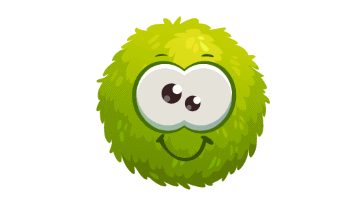- Engels Nederlands
- Maria and Anna are visiting a farm outside Filton. = Maria en Anna bezoeken een boerderij buiten Filton.
- The farmer's wife is just going into the hen house. = De boerin gaat net het kippenhok binnen.
- Could we have a look around? = Mogen we even rondkijken?
- I am feeding the chickens. = Ik ben de kippen aan het voeren.
- I am collecting the hens' eggs. = Ik ben de eieren van de hennen aan het rapen.
- I see horses running in the field. = Ik zie paarden rennen in de wei.
- A baby horse is called a foal. = Een babypaard noem je een veulen.
- But some of the sheep have lambs. = Maar sommige schapen hebben lammetjes.
- Many of our cows have calves. = Veel van onze koeien hebben kalfjes.
- Let's go to the other side of the farmyard. = Laten we naar de andere kant van het erf gaan.
- The cats are playing in the hay. = De katten spelen in het hooi.
- A cat is hiding behind the fence. = Een kat verstopt zich achter het hek.
- My husband is feeding the horses. = Mijn man is de paarden aan het voeren.
- Do you want to give the horses a treat? = Willen jullie de paarden iets lekkers geven?
- The horses love carrots. = De paarden zijn dol op wortels.
- Would you like to try horseback riding? = Zou je graag willen proberen paard te rijden?
- I promise to come back soon. = Ik beloof snel terug te komen.
- Most lambs are born without any assistance from the shepherd. = De meeste lammetjes worden zonder hulp van de herder geboren.
- The ewe separates herself from the flock. = De ooi (=vrouwtjesschaap) zondert zich af van de kudde.
- At the end of the first stage, the waterbag appears. = Aan het eind van de eerste fase verschijnt de waterzak.
- Labour can take anything from a few minutes to an hour. = De bevalling kan een paar minuten tot een uur duren.
- The lamb's nose and front feet become visible. = De neus en voorpoten van het lammetje worden zichbaar.
- The cord will break naturally and seal itself. = De navelstreng zal vanzelf breken en dichtgaan.
- The ewe licks the lamb to dry it. = De ooi likt het lammetje droog.
- This first milk is thick and creamy. = Die eerste melk is dik en romig.
- It protects the new-born lamb from many diseases. = Het beschermt het pasgeboren lammetje tegen veel ziektes.
